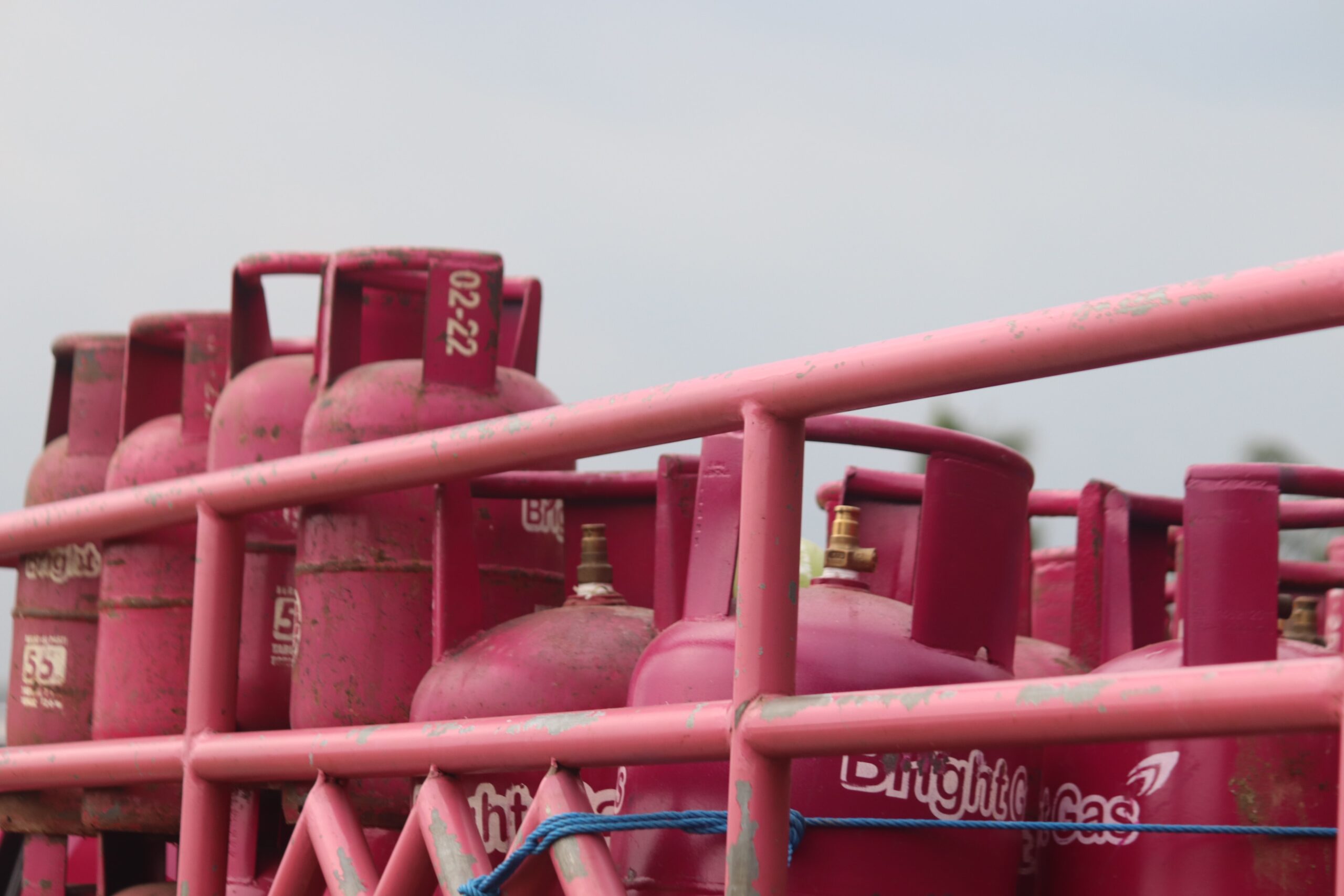In the quest for more efficient and cost-effective energy solutions, many households and businesses off the national gas grid are contemplating a significant shift: switching from electricity to gas, specifically to Liquified Petroleum Gas (LPG) tanks. This move, while promising several benefits, also comes with its share of considerations.
Understandig the Transition from Electricity to LPG Gas
The Efficiency Advantage
One of the primary reasons for switching from electricity to LPG gas is the superior energy efficiency of gas appliances. LPG boilers, for instance, can achieve efficiency levels of up to 90%, meaning that a larger proportion of the energy is converted into usable heat compared to electric heaters. This efficiency not only improves performance but can also lead to substantial cost savings over time.
Cost Implications of Switching to LPG Gas
While the operating costs of LPG gas appliances are generally lower than their electric counterparts, it’s important to factor in the initial setup costs. Installing an LPG tank involves upfront investments including the cost of the tank, installation, and any necessary modifications to your property. However, these costs can often be offset by the lower ongoing operating expenses of gas appliances.
Environmental Considerations in the Switch to LPG Gas
Switching from electricity to LPG gas can also have environmental implications. LPG burns cleaner than many other fossil fuels, producing fewer carbon emissions than coal or oil. This makes it a more environmentally friendly option for those off the national gas grid, though it’s worth noting that LPG is still a non-renewable resource.
Safety and Maintenance: Key Aspects of LPG Gas Usage
Safety is a paramount concern when using LPG gas. Proper installation, regular maintenance, and adherence to safety guidelines are essential to prevent risks such as gas leaks and carbon monoxide poisoning. Regular inspections by qualified professionals are crucial to ensure the safe operation of your LPG system.
The Reliability and Convenience of LPG Gas
Another advantage of switching to LPG gas is its reliability. Unlike electricity, which can be subject to power outages, an LPG supply is not dependent on the electrical grid, ensuring a consistent energy source. Additionally, modern LPG tanks are equipped with gauges and sensors to monitor levels and schedule deliveries, adding to the convenience.
Making the Decision: Is Switching to LPG Gas Right for You?
Deciding to switch from electricity to LPG gas requires careful consideration of your specific circumstances. Evaluating the initial investment against the long-term savings, understanding the maintenance requirements, and considering the environmental impact are all crucial steps in making an informed decision.
Switching from electricity to gas in a scenario where you are off the national gas grid can present several benefits, but it also entails certain considerations that are crucial from both a logistical and cost-effectiveness perspective. Let’s explore the potential advantages and some of the challenges:
Advantages
- Energy Efficiency: Gas appliances generally offer higher efficiency compared to their electric counterparts. For example, gas boilers can convert up to 90% of the fuel they use into heat, compared to electric heaters which may have lower efficiency rates.
- Cost-Effectiveness: In many regions, gas is a more cost-effective energy source compared to electricity. This is particularly relevant for high energy-consuming appliances like heating systems. The operating costs of gas appliances can be lower than electric ones, leading to potential savings in the long term.
- Environmental Considerations: Natural gas burns cleaner than coal, which is a common source of electricity. This means lower carbon emissions, making it a relatively more environmentally friendly option. However, it’s important to note that gas is still a fossil fuel and does contribute to greenhouse gas emissions.
- Reliability: Gas supply can be more reliable as it is less likely to be affected by power outages. This can be a significant advantage in areas where electrical supply is unstable or prone to frequent interruptions.
- Speed and Control: Gas appliances, such as stoves and boilers, often provide faster heating and more precise temperature control compared to their electric counterparts. This can enhance the user experience, particularly in cooking and heating applications.
Challenges and Considerations:
- Installation Costs: If you are off the national gas grid, the initial installation cost of a gas system can be substantial. This includes the cost of installing tanks or cylinders, gas lines, and the necessary safety equipment.
- Fuel Delivery and Storage: You would need a reliable supply chain for delivering gas to your location. This involves managing deliveries and ensuring adequate storage, which can be a logistical challenge.
- Safety Considerations: Gas systems require stringent safety measures. Proper ventilation, regular maintenance, and safety checks are essential to prevent risks like gas leaks and carbon monoxide poisoning.
- Environmental Impact: While gas is cleaner than some alternatives, it is still a fossil fuel. If your motivation for switching includes reducing your carbon footprint, you might want to consider renewable energy sources as alternatives.
- Return on Investment: The transition from electricity to gas must be financially justified. You’ll need to calculate the return on investment, considering both the initial setup costs and the ongoing operating expenses.
Switching from electricity to LPG gas when off the national gas grid offers a range of benefits including improved efficiency, potential cost savings, and increased reliability. However, it’s important to weigh these advantages against the initial costs, safety requirements, and environmental factors. By doing so, you can make a choice that aligns with your energy needs and values.

